It maybe a good thing that not all train routes in China have been "bulletized". We could get used to that sort of thing. The 6 hour evening journey from Nanjing to Huangshan is the more traditional Chinese train experience that we had encountered in the early 90s. Encountered more weirdness at Nanjing Station. While we found our train number on the big electronic board, it was not accompanied by any English. The young woman at the Information counter pointed over her left shoulder and said "San" (three). Up we went to Waiting area 3 and showed our tickets to the woman at the gate. She pointed to two seats in front of her in the hall and insisted we occupy them! It was like an order from a school teacher that would take braver people than us to disobey. A toilet search led me to go back to the same info counter and there was much murmur among them about "Lao wei (old foreigner). I told him 3 but they don't understand etc.". I gave up and saw signs in English for my quest and proceeded to go there. The whole team behind the information counter were inflamed at this flagrant disobedience and yelled at me and pointed to 3 and insisted I go there. I had to sneak away when they were not looking to get some relief.
We enjoyed the soft sleeper upper berths a bit too much and got to the Dining car a little before 9 pm. Wondering if there will be any vegetarian fare on the menu we took our seats. There were a few uniformed staff and a couple of customers. Everyone started laughing as the waitress handed us a Chinese menu. I pretended to study it very carefully before chanting our mantras ("shisude" etc.). This is how the conversation went:
Waitress (giggling): You speak English?
Me: A little sometimes
Waitress : What would you like to order
Me: Do you have any vegetarian choices? No meat, no seafood, no chicken?
Waitress: Wait a moment
Waitress (returning): Sorry, we don't have anything like that.
Me: Oh.
Waitress: Actually, we close at 8:30. So, no more food.
Me; Oh!
A torrent of laughs followed. There was no meanness in their humor at our expense, but it is not a good feeling to be the only foreigners on a train with the hosts laughing at your discomfort with their language. One cannot imagine China to have always been this way. This reaction to outsiders is most likely a result of its recent history of international isolation. We've noticed that the younger citizens are more open and accepting of foreigners and their limited Chinese skills.
Rain was forecast for a whole lifetime starting the next morning forcing us to put on hold our plans to go up Mt. Huangshan. We opted to move forward our plan to visit one of the UNESCO Heritage sites in the area. Hongcun village is about an hour and a half ride by bus (change at Yixian) from Tunxi. We paid our RMB105 entrance tickets at the counter where the English sign was upside down! We wondered if there was some subliminal message intended for foreigners here.
Hongcun Village (supposedly shaped like an ox with a South Lake and a Moon Pond and two tall trees near the entrance serving as horns) has been well preserved since Ming times. Visitors can explore several community halls that served different purposes as well as different homes with antique furnishings and artwork on doors, beams etc. Narrow alleyways link the various parts of the village making for a pleasant walk with the southern Anhui (province) mountains all around. A tea shop owner offered us free tasting and treated us to 4 varieties of tea (Green Tea Grade 1, Green Tea Grade 2, Black Tea and Mt. Huangshan Tea.). It was great to see one of the varieties bloom in the hot water as he poured. Finally, he gave us a sample of Hu Jintao's favorite tea (had a strange milky flavor).
As we exited the village, we noticed that the sign had been flipped to the right vertical orientation. We realized that the Chinese text had suffered the same fate as the English one. Whatever subliminal message there was had had universal intent. Perhaps someone saw me sneak a photo at the upside down sign on our way in and rectified matters in good time.
The rain started really coming down in the afternoon. The Mt. Huangshan plan was moved from On Hold to Cancelled. We booked our onward bus tickets westward towards the Three Gorges area. We could not do any remote booking for onward bus journeys, so we got tickets to Wuhan on the 7:50 morning bus. It was expected to take 8 hours approximately to reach Wuhan. For the first time on this trip, we had an open plan with no hotel booking. If the bus arrived in Wuhan early, we planned to take the westward bus to Yichang (gateway to the 3 Gorges Area) the same evening and stay there. But if we reached Wuhan late, we would stay there. We had done a lot of research, but we did not know then that Wuhan had a nasty little trick to play on us the next day.
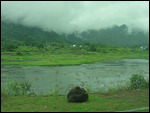
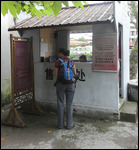

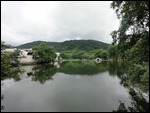

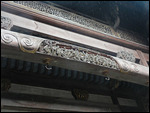
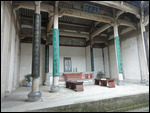
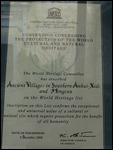
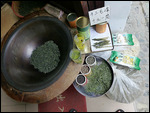
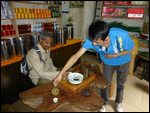
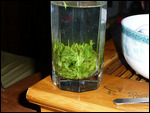
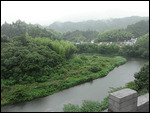
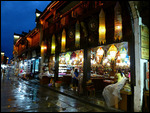
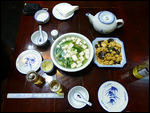
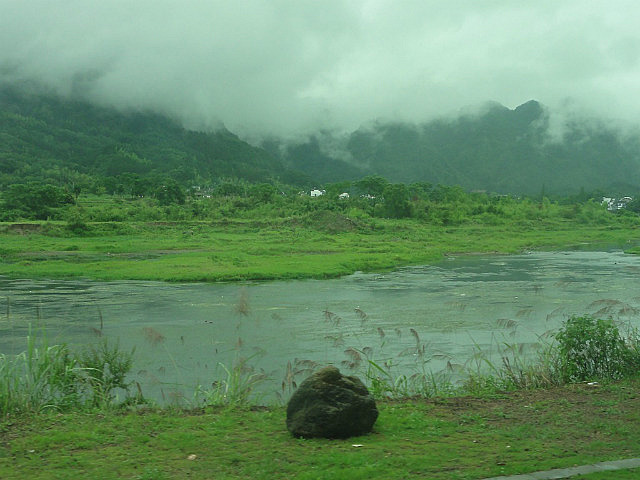
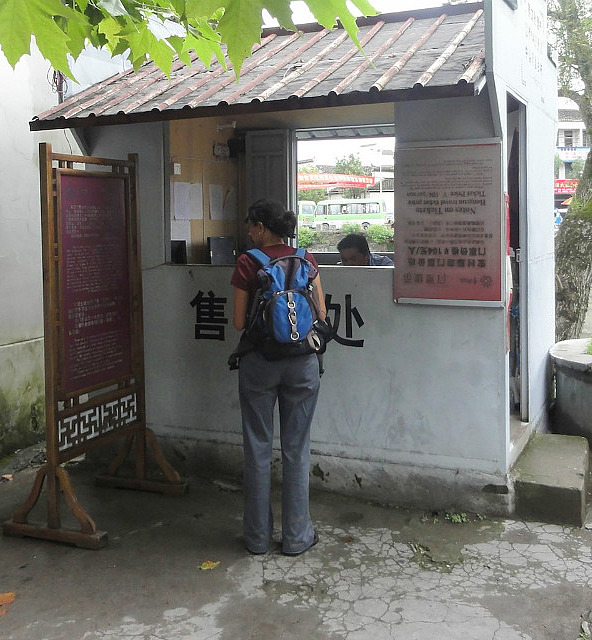
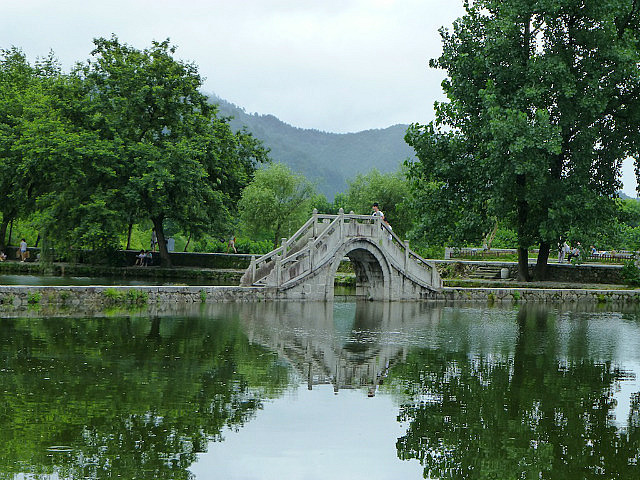
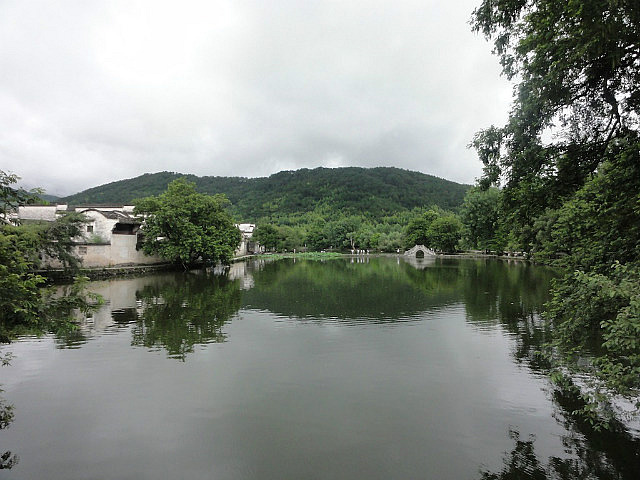
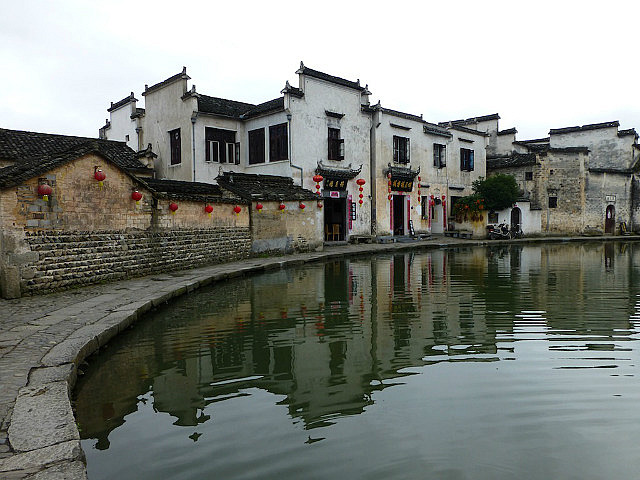
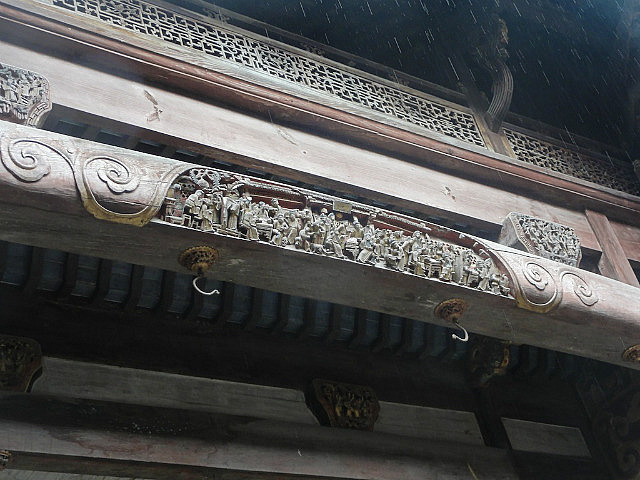
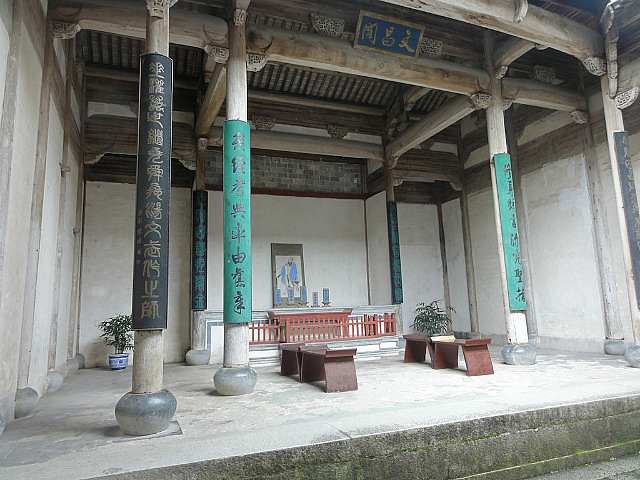
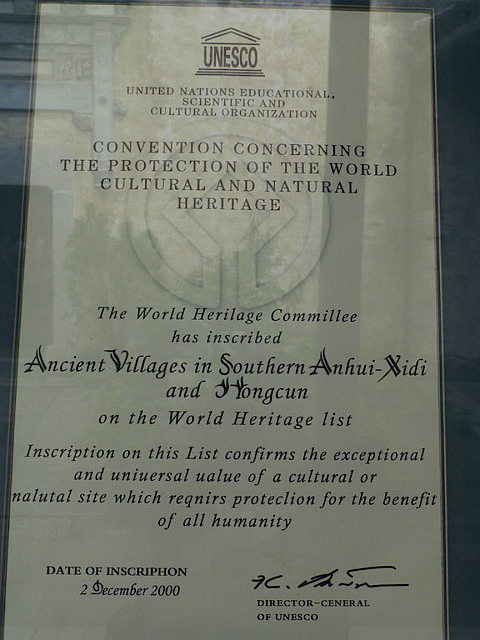
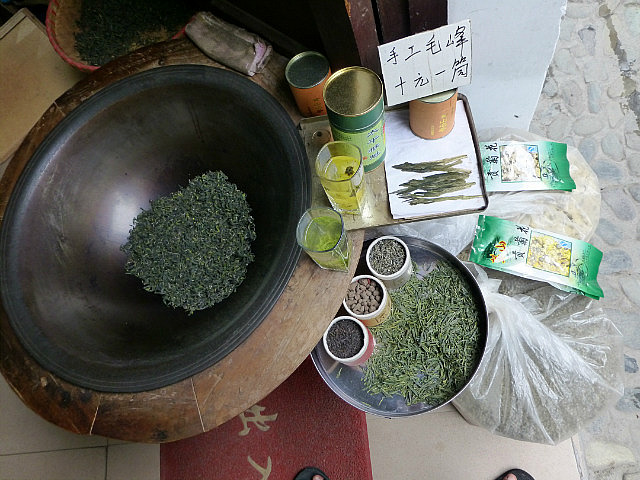
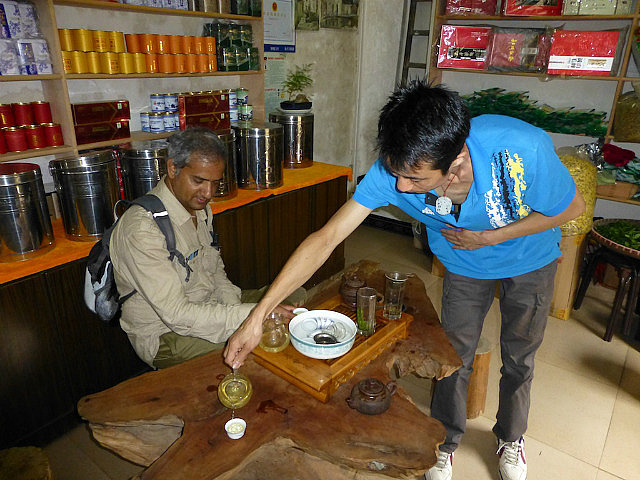
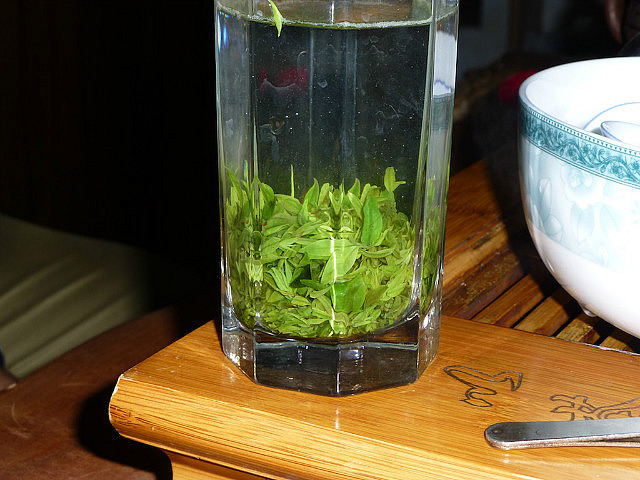
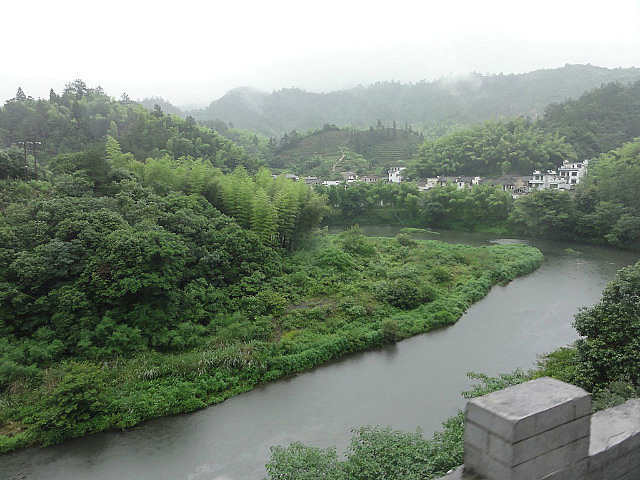
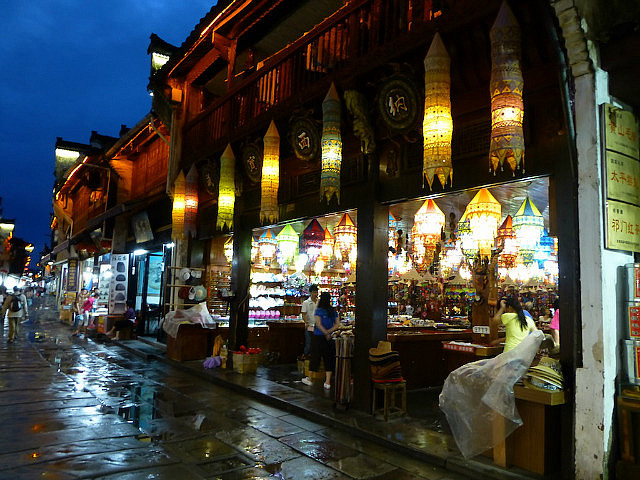
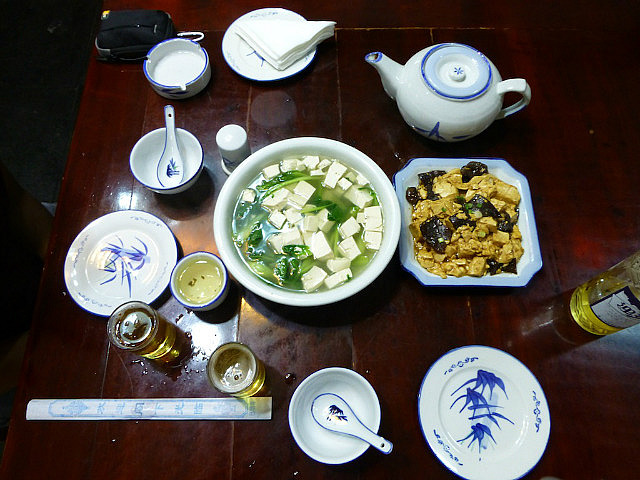
Comments